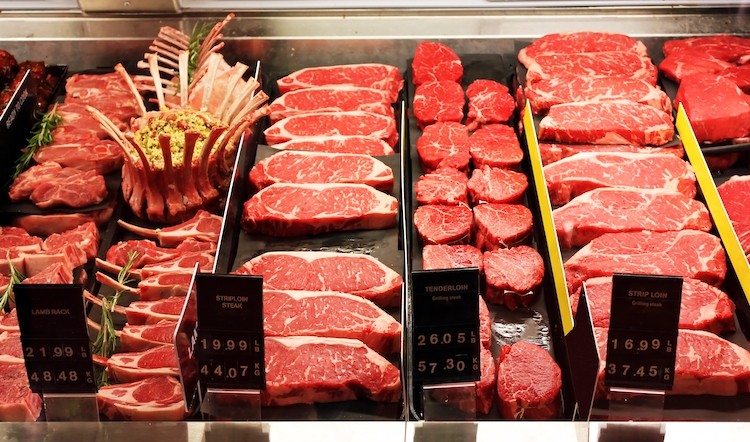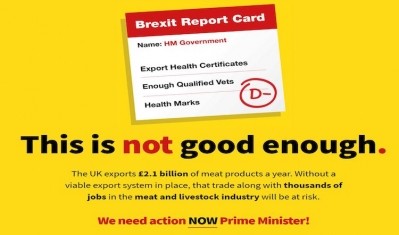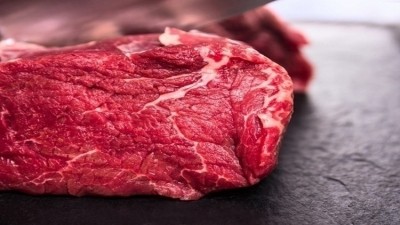Red meat shelf-life boost could benefit other meats

British Meat Processors Association (BMPA) technical director David Lindars told Food Manufacture he aims to “right a wrong” by urging the Food Standards Agency (FSA) to support extending chilled red meat shelf-life beyond ten days.
The BMPA is working with the FSA on a ‘rapid review’ that could boost guidelines for red meat use-by dates from the current ten-day maximum to 21 days or more by October.
The shift would not only mean products could be kept in retail chillers for longer, boosting sales but would also reduce waste created by retailers binning products once use-by dates expire.
Lindars said persuading the FSA could lead to reviewing the shelf-life of other meat products. “We are jumping through, hopefully the last hoops to get this review with red meat only, and other meat categories could follow.”
The current initiative follows joint BMPA and Meat and Livestock Australia research – peer reviewed this year – indicating the recommended shelf-life for chilled red meat could be safely extended well beyond current FSA guidance.
Over-cautious
Earlier this year food scientists said that the proposed extension was still over-cautious.
Lindars said that the industry had never seen the scientific evidence that the FSA used to establish the ten-day guidance in 2008 and confirm it in 2017. The guidance applies to vacuum- or gas-packaged meat kept at 3-8oC, with limited exceptions.
“I am trying to right a wrong here. It should never have happened in the first place,” he said. “We have supplied the evidence and we have had it peer reviewed as well.”
The UK is currently the only country that enforces this ten-day rule. The BMPA claims the rigid application of it disadvantages UK meat companies who often either miss out on export orders or are forced to sell product at a lower price than overseas competitors.
A group, which BMPA co-chairs and is made up of FSA, industry and specialist individuals from trade bodies, is now compiling further evidence to present at the end of September.
‘Huge difference’
Lindars said changing the FSA guidelines could make a “huge difference” to food manufacturers who would be able to set the shelf-life after conducting risk assessments.
One issue highlighted by the report is that initial treatment of meat, for example how it is packed, can significantly affect shelf-life.
“We hope that the FSA’s final report will conclude that the risk assessment and the setting of shelf-life will return to the food business operators as was always the case for the last thirty plus years,” he said.
“There is already sufficient legislation in place that covers the food safety of products sold to the final consumer – 1990 Food Safety Act is one of many.”
“The shelf-life of fresh red meat held at 3°C to 8°C is of great significance to industry. We hope that these new scientific findings will give FSA the evidence they need to remove red meat from the guidance so that processors and retailers can apply longer retail shelf lives to their products”.
More reviews
Lindars added that convincing the FSA could lead to reviewing the shelf-life of other meat products.
An FSA spokesperson said: “The FSA is committed to maintaining the highest food safety and standards possible. Everything we do is based on the latest scientific evidence and risk analysis to ensure protection of public health.
“We are currently undertaking a review of evidence, including an assessment by the Advisory Committee on the Microbiological Safety of Food (ACMSF) and from international sources, regarding the shelf-life of vacuum and modified atmosphere packed chilled fresh beef, lamb and pork.
“This review, which we are working closely with industry on, will consider an update of the FSA’s guidance in this area, and is expected to be completed later this year.”
Earlier this year statistics from HM Revenue & Customs revealed UK red meat export sales rocketed to more than £1.5bn last year, making 2019 one of the industry’s strongest years on record.















